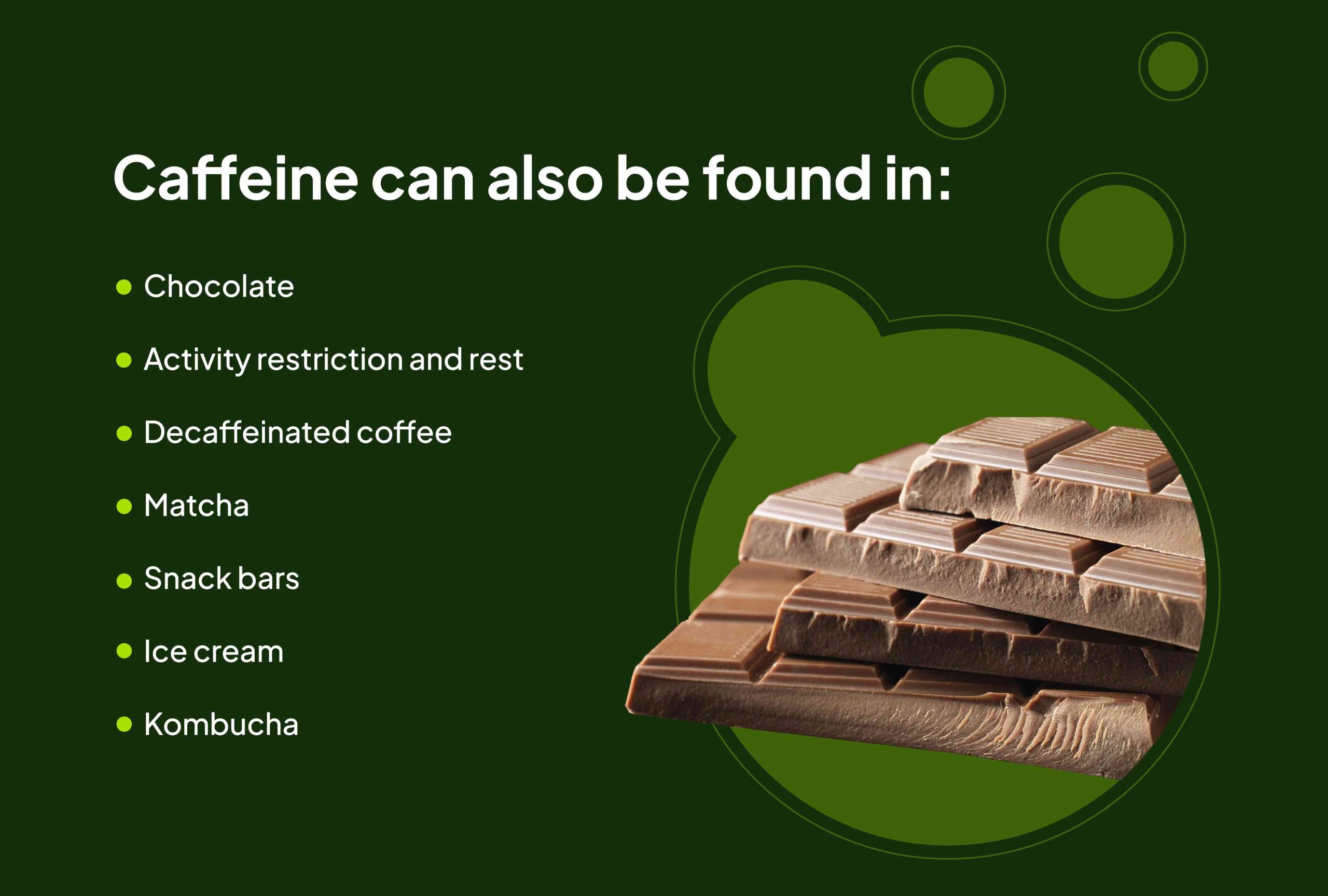Yes, coffee ice cream typically contains caffeine, as it is made with coffee or coffee flavoring. The caffeine content can vary depending on the brand or recipe used.
Coffee enthusiasts and dessert lovers often merge their passions with a scoop of coffee ice cream. This delightful treat blends the aromatic flavors of coffee with the creamy texture of ice cream, creating a dessert that wakes up your taste buds.
For those sensitive to caffeine or looking to enjoy it late at night, the caffeine content is an essential consideration. Generally, coffee ice cream’s caffeine levels are lower than a standard cup of coffee but can still provide a mild stimulant effect. Manufacturers may include different amounts of coffee or coffee extract in their recipes, leading to varied caffeine levels between brands. It’s wise to check labels or inquire about caffeine content if sensitivity is a concern. Next time you reach for that frozen treat, remember that it’s not just about indulging your sweet tooth—it’s also about how much caffeine you might be consuming.

Caffeine Content In Coffee Ice Cream
Coffee ice cream does contain caffeine, just like a regular cup of coffee. The amount can vary greatly depending on the brand and the recipe used. Generally, store-bought coffee ice cream has less caffeine than a real coffee.
To understand the caffeine content, read the label on the ice cream packaging. Look for ingredients like coffee or coffee concentrate, which indicate caffeine. Some labels may state the exact amount of caffeine.
This table compares the caffeine in coffee and coffee ice cream:
| Product | Caffeine Content |
|---|---|
| Brewed Coffee (8 oz) | 95-165 mg |
| Coffee Ice Cream (4 oz) | 15-45 mg |
Notice, an 8-ounce cup of brewed coffee has more caffeine than a 4-ounce serving of coffee ice cream. The numbers above are just estimates. Always check the label for exact figures.

The Making Of Coffee Ice Cream
The creation of coffee ice cream involves a few key ingredients: cream, sugar, and coffee. The caffeine level in coffee ice cream can vary. It depends on the type and amount of coffee used.
Using real coffee beans tends to result in higher caffeine content. Synthetic flavors often lead to lower levels. The processing method might change the caffeine. Heating coffee can affect caffeine, but freezing generally does not. Fans who enjoy a pick-me-up may prefer versions with more caffeine.
For those sensitive to caffeine or serving children, options with less caffeine are available. Always check the label for details about caffeine content.
Health Implications Of Caffeine In Desserts
Caffeine exists in coffee ice cream, just like in a regular cup of coffee. The caffeine level can impact sleep quality, especially in those sensitive to it. Kids should be cautious; their sleep may suffer from such desserts.
Portion size matters greatly for caffeine intake. A small scoop might have less effect than a large serving. People with high caffeine sensitivity should opt for smaller portions. This reduces the risk of sleep disturbances. Always check the label for caffeine content.

Coffee Ice Cream: A Viable Caffeine Source?
Coffee ice cream does indeed contain caffeine, which is inherent in coffee. Depending on the brand and the manufacturing process, caffeine levels can vary. Generally, a half-cup serving of coffee ice cream can provide anywhere from 15 to 45 milligrams of caffeine, akin to the amount in a half to a whole cup of decaf coffee.
Yet, this pales in comparison with a standard cup of regular coffee, which can offer up to 95 milligrams. Chocolate also contains caffeine, but generally less than coffee ice cream, with dark chocolate having the highest amount.
Thus, while not as potent as your morning brew, coffee ice cream can contribute a mild caffeine boost. Parents might consider this when offering it to children, especially close to bedtime.
Decaffeinated Dilemma: Are There Alternatives?
Coffee ice cream often contains caffeine, just like a regular cup of coffee. Yet, not all coffee lovers crave that extra jolt. Decaf alternatives do exist for those seeking flavor without the buzz. Supermarkets and specialty stores now feature a handful of decaf varieties. These alternatives cater to sensitivity to caffeine or late-night cravings. The challenge lies in the less extensive selection compared to regular coffee ice creams.
Creating a homemade decaf version proves to be a delightful venture for many. One may use decaffeinated coffee beans or a caffeine-free substitute like chicory. By doing so, the enjoyment of coffee ice cream extends to anytime without hampering sleep. Those dedicated to DIY methods find this an excellent avenue to tailor caffeine content. Certainly, it adds a personal touch to indulgence.
Frequently Asked Questions On Does Coffee Ice Cream Have Caffeine
Does Coffee Ice Cream Contain Real Caffeine?
Yes, coffee ice cream typically contains real caffeine. The amount varies with the brand and recipe, but generally ranges from 30 to 45 mg of caffeine per half-cup serving, which is about a third of the caffeine found in an 8-ounce cup of coffee.
How Much Caffeine Is In A Scoop Of Coffee Ice Cream?
A single scoop of coffee ice cream can contain between 15 to 30 mg of caffeine, depending on the brand and the size of the scoop. It’s important to read the label for specific caffeine content.
Can You Get A Caffeine Buzz From Coffee Ice Cream?
While possible, it’s unlikely to get a significant caffeine buzz from coffee ice cream alone due to its lower caffeine content compared to a regular cup of coffee. However, individuals sensitive to caffeine might feel a mild effect.
Is Coffee Ice Cream Safe For Children To Eat?
In moderation, coffee ice cream can be safe for children, but consider the caffeine content as it can affect children more. It’s advisable to limit their serving size or choose a decaffeinated version.
Conclusion
In wrapping up, it’s clear that coffee ice cream typically contains caffeine. The amount can vary widely depending on the brand and recipe. For those sensitive to caffeine or enjoying a late-night treat, it’s worth checking the label. Remember, if a caffeine kick is unwelcome, opt for decaffeinated versions or coffee-flavored options without the actual coffee content.
Enjoy your frosty delight responsibly!

